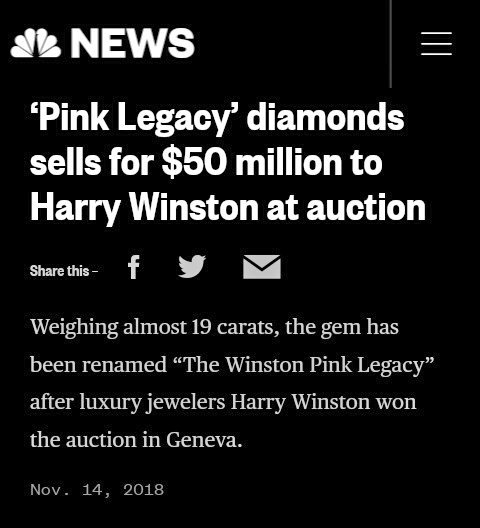Different artists have different needs. Some artists thrive on harsh criticism and direct feedback. Andre’s path for getting better might only require helping him identify problems in his work and eliminating them.
•Where can I find a lawyer who understands publishing and IP?
•Where can I find a lawyer
•How do I maintain a useful online identity?
•How do you get a table at a con?
•Is this con right for me?
•What do I do if I don't have a contract from a client?
•What if I can't produce on the schedule I agreed to?
•I'm not getting along w/my collaborator.
So many questions. Been a working pro? You don't know how much you know. Your experience can help Cara avoid many pitfalls.
You might have an understanding of color-theory that rivals Titian, but don't drop a whole textbook on someone when they're struggling with getting the colors for a scene to work. Just show them how to do that one thing.
Since then, I've learned that the things I teach *that really get retained* are the lessons that solve an immediate and painful problem.
Great. But if you tell it all now, they're not going to retain it. Hold back. If it's really important, it'll come up again. Share that tidbit at the moment they need it. They'll learn it for life.
I'm ignorant of trends and tropes in Manga & BD. I'm a line artist, so my color is…functional, I guess. My eye for fashion is fucking tragic.
It's okay to say "I don't know." Maybe you know someone who does. You can perform an important task for a mentor: expanding your mentee's network.
Sometimes what worked for you is the exact opposite of what another artist needs. My own work has benefited immensely from shooting photo reference. It would be very easy to follow that by telling every mentee to work from photos.
Your relationship won't be static. They'll learn, and before long your student will be your peer. You'll find they have valuable things to teach you.









